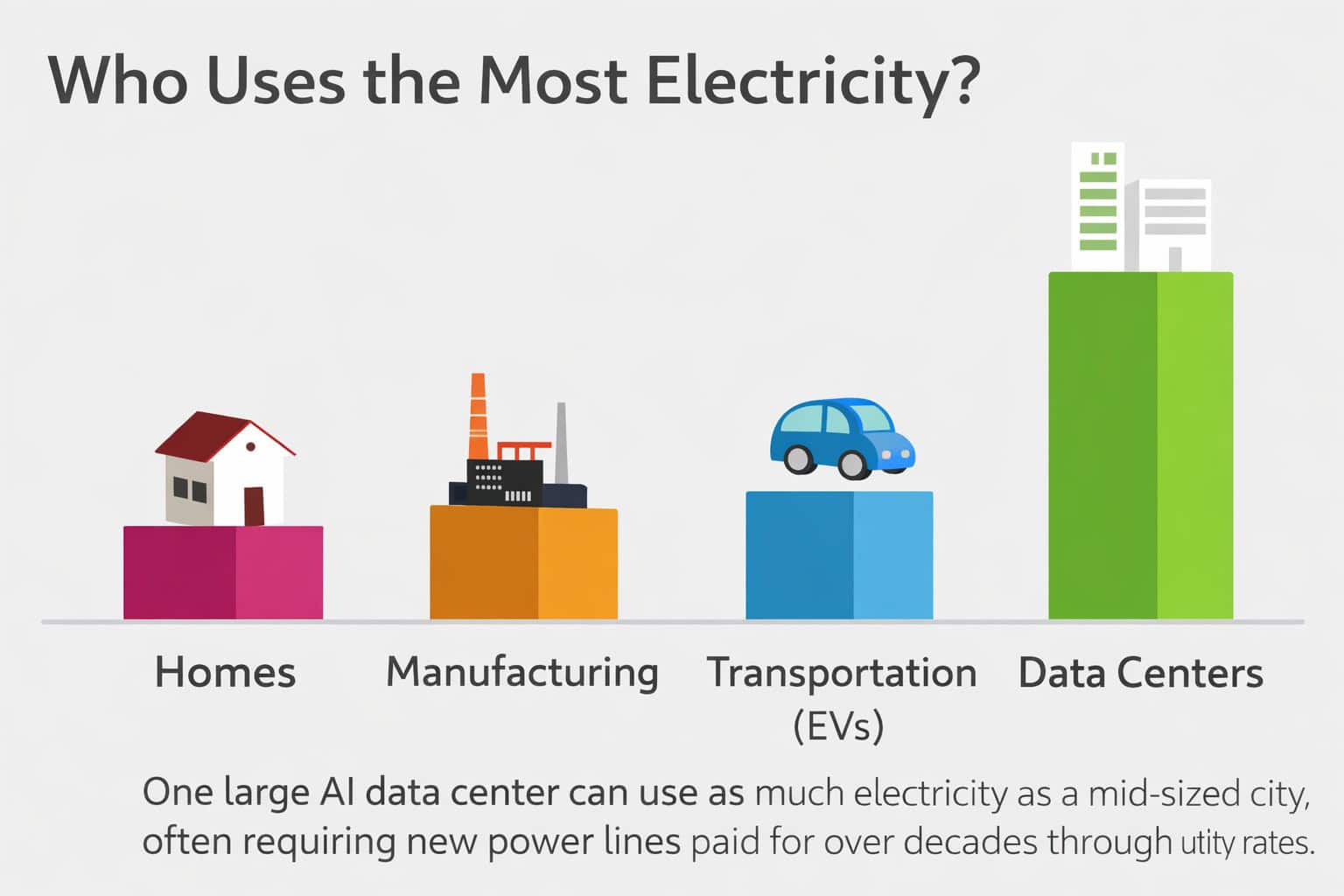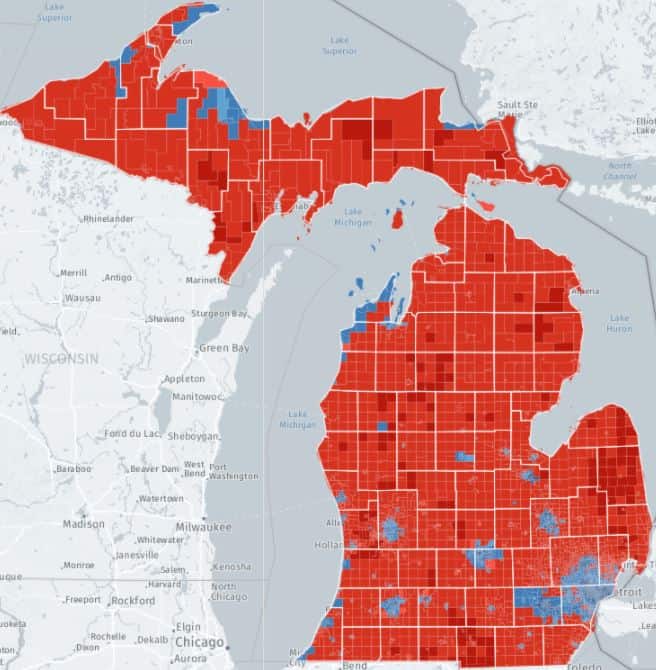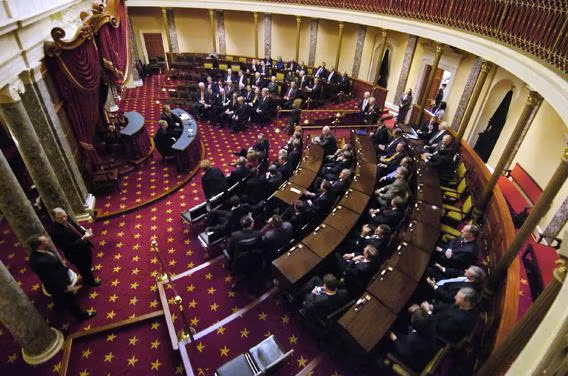LANSING – The
U.S. Environmental Protection Agency released Monday its final rule on carbon
emissions targets nationwide, welcomed with open arms by environmental
activists and a bland, “still-in-review” reaction from those
otherwise.
Valerie
Brader, executive director of the Michigan Agency for Energy, said in a
statement that she will be working with legislators, stakeholders and state
departments to better understand the long, technical decision by the EPA and
what it means to Michigan.
“If,
after this multi-agency review, we believe it is likely Michigan can find a
reasonable path to compliance, we will engage a wide range of stakeholders and
offer the public a chance to participate in the development of that plan,”
Brader said.
The historic
decision will require a substantial amount of time and investment, indeed, as
is the purpose of the state’s newly-created agency. The state’s Department of
Environmental Quality, and specifically its Air Quality division, has never
specifically reviewed carbon dioxide emissions – the rule developed by the EPA
over at least two years of drafts and outside input is the first ever of its kind.
There have never been federal limits on the amount of carbon that power plants
can put into the air, President Barack Obama said in a speech on the emissions
rule that has become known as the Clean Power Plan.
So the state’s
review of carbon emissions has primarily been from an energy efficiency
standpoint, Barb Rosenbaum, assistant division chief for the DEQ’s Air Quality
Division, told Gongwer News Service in a recent interview.
“There
is not a health standard for carbon dioxide, (so) it hasn’t been in the
mainstream of our program,” she said. “These upcoming regulations
will make it more of an ongoing requirement in our program.”
State agency
representatives working on the review of the carbon emissions rule hope to have
their review complete shortly after Labor Day, Brader’s statement noted. But
that did not stop a slew of environmental groups from applauding the general
overview of the proposal that leaked over the weekend and was officially introduced
Monday.
“The
Clean Power Plan is a major step toward preventing the worst impacts of climate
change, and it presents Michigan with a major opportunity to strengthen our
economy, reduce energy bills and make our air safer to breathe,” Chris
Kolb, Michigan Environmental Council president, said in a statement. “We
look forward to working with the Snyder administration and the Legislature to
create and promptly finalize a strong state implementation plan build on
growing Michigan’s wildly successful energy efficiency and renewable power
programs.”
“The
Clean Power Plan is a victory for Michigan families, for our economy, and for
our air and water quality,” said Jack Schmitt, deputy director of the
Michigan League of Conservation Voters, who is also looking forward to working
with the governor’s office and the Legislature, he said.
And the
Michigan Energy Innovation Business Council said with the rule firmly in place,
the question is not whether to reduce carbon emissions in Michigan’s electric
power sector, but how.
“By
using technologies and services such as energy efficiency, demand response,
renewable energy, and energy storage, Michigan will be able to lower costs,
improve reliability, and increase options for consumers as it reduces
emissions,” Liesl Eichler Clark, the group’s vice president for policy and
business engagement, said.
LEGISLATORS
AND UTILITIES RESPOND: One of the few Michigan-specific voices potentially
against the proposal – though whose department is not directly affected by it –
was that of Attorney
General Bill Schuette.
“I am
deeply concerned by yet another executive action taken by President Obama and
the EPA that violates the Clean Air Act and causes the price of electricity to
increase, placing jobs at risk and costing Michigan families more,” he
said in a formal statement.
And House Majority
Floor Leader Aric Nesbitt (R-Lawton), chair of the House Energy Committee,
said the mandate was “an unprecedented overreach that will hinder job
growth and raise energy rates on hardworking taxpayers.”
Consumers
Energy was also not terribly concerned about the plan at this point, saying its
company is “favorably positioned” to meet the targets set by the
EPA’s revised plan published Monday.
“We are
an industry leader in transitioning from coal to cleaner energy sources by
retiring our seven oldest coal plants next year, or 30 percent of our coal
fleet; buying a natural gas plant in Jackson; and continuing investments in
energy efficiency and renewable energy, such as wind and solar. We also are
spending $2 billion at our five remaining coal plants to ensure to ensure
ongoing clean air improvements,” company spokesperson Dan Bishop said in
prepared remarks. “We are reviewing the announced changes to the Clean
Power Plan, with a specific review of proposed compliance requirements. We will
work with state and federal regulators to ensure that our actions are consistent
with Michigan’s energy strategy.”
If anything,
Bishop said, the announcement from the EPA underscores the “urgent need
for a new Michigan-first energy policy” – a point which Citizens for
Michigan’s Energy Future (which largely includes Consumers and DTE Energy) also
noted.
“Nine
coal plants will still close in Michigan as scheduled in the next year due to
old age and environmental standards and today’s ruling from the EPA will
accelerate more plant retirements in Michigan. This power must be replaced to address
Michigan’s projected capacity shortfall,” group spokesperson Kelly
Rossman-McKinney said. “The ruling sends a clear message: the Michigan
Legislature must act now by passing a Michigan-first energy plan to responsibly
replace this power with reasonable policies, which will allow Michigan to
control of its energy future – rather than turning it over to Washington D.C. –
and ensure reliable, affordable and clean energy for all Michiganders.”
This story
was published by Gongwer News Service. To subscribe, click on www.gongwer.com






